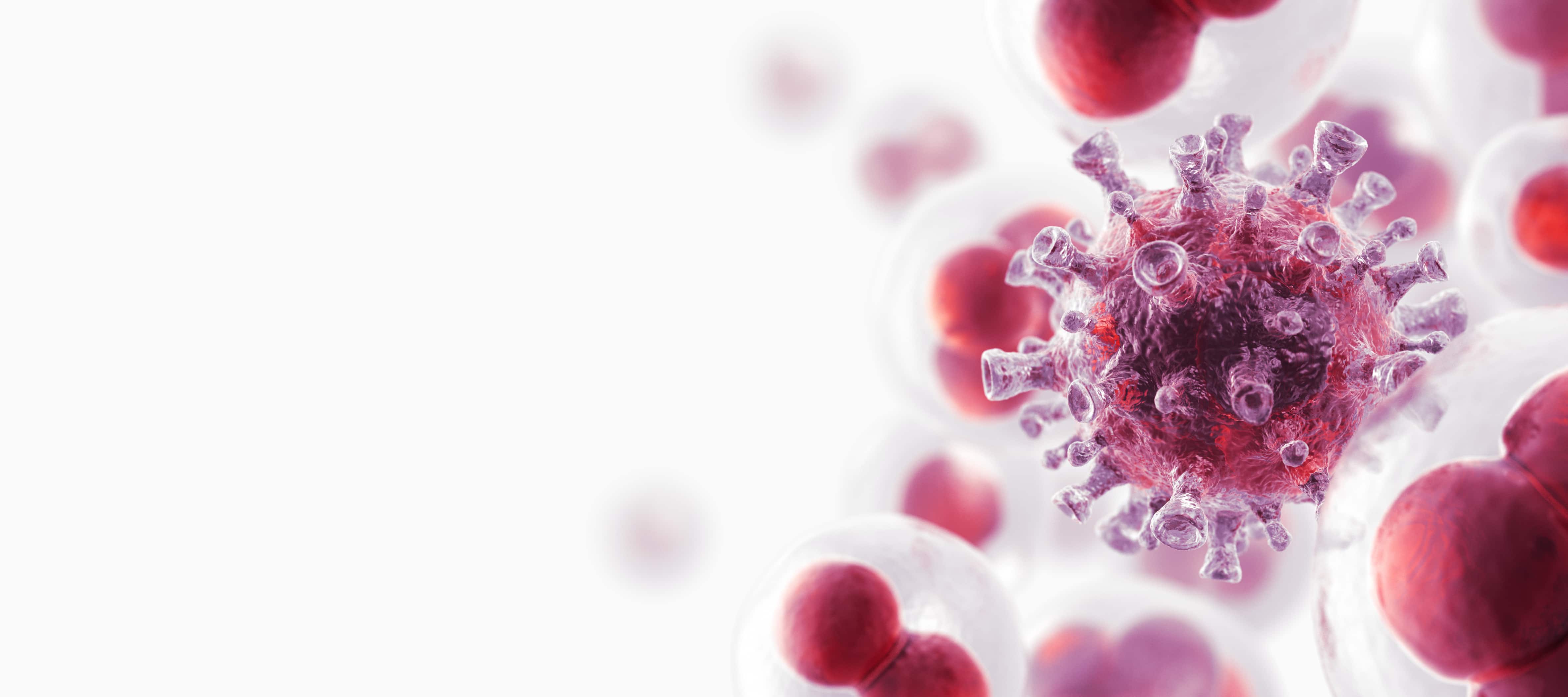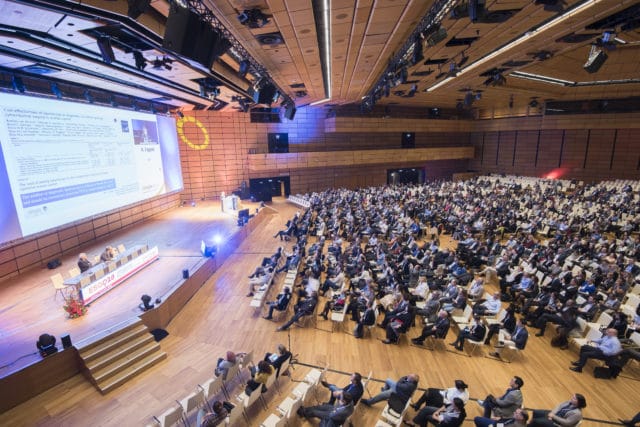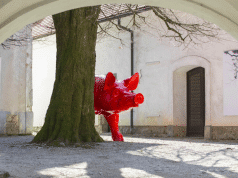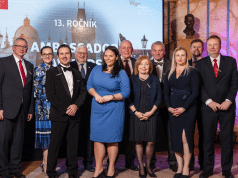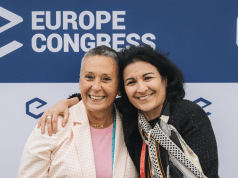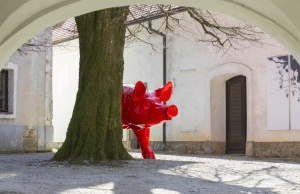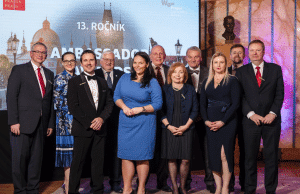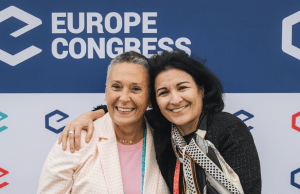Major strides have been made in the field of cancer research recently: the latest therapies now make it possible to treat cases of leukaemia that had previously been deemed incurable. From 28 September to 2 October, more than 5,000 international cancer specialists will converge on the Austria Center Vienna for the annual meeting of the German-speaking countries’ hematology and medical oncology societies, to discuss the latest treatment approaches and outcomes.
“New insights into molecular signal paths between tumour cells, and major breakthroughs in the field of tumour immunology are now being put to use for patients in cancer therapies which would have been completely unthinkable even a few years ago. Talks of a paradigm shift are more than justified,” explained Prof. Hildegard Greinix, Head of the Department of Haematology at the Medical University of Graz and President of this year’s meeting of the German, Austrian and Swiss Societies of Haematology and Medical Oncology.
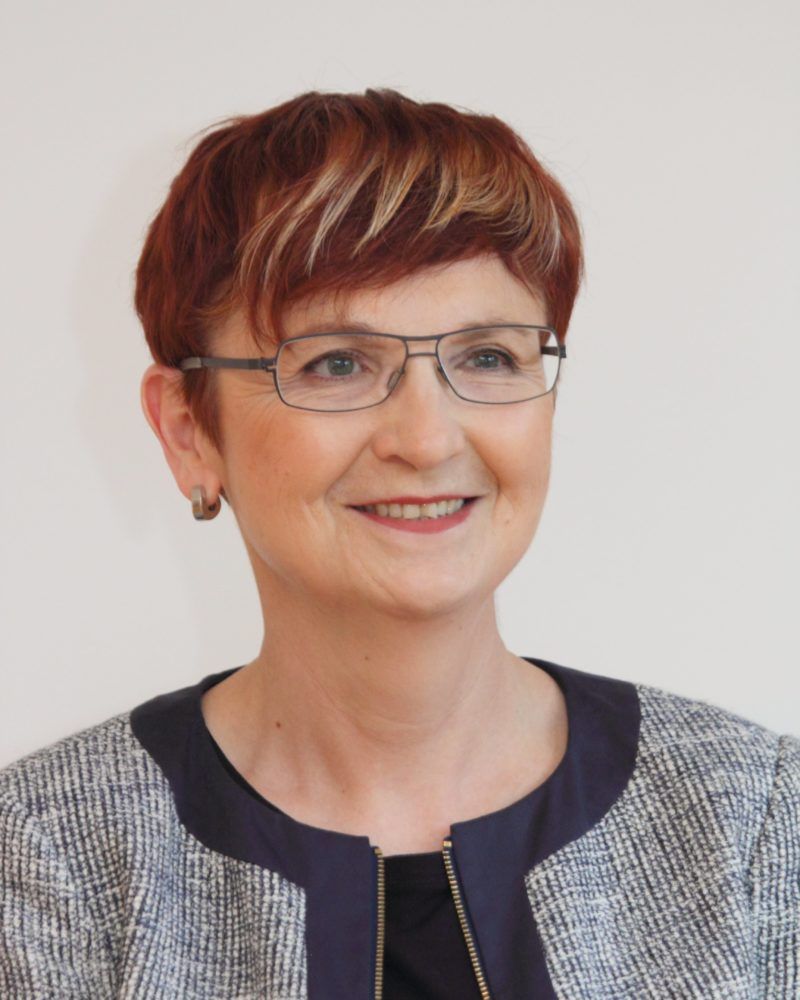
CAR T-cell therapy: targeted reprogramming of the immune system
In CAR T-cell therapy (CAR = chimeric antigen receptor), the body’s own T-cells – its guard dogs and the hub of the entire immune system – are manipulated in the laboratory to identify and launch targeted attacks on specific tumour cells. To date, this therapy has been largely confined to leukaemia patients who have already undergone chemotherapy. “Generally, 50-60% of patients treated with CAR T-cell therapy go into long-term remission, which is a phenomenally good outcome. Especially when you remember that there were no other treatment options left open to these patients, essentially meaning they could not be cured,” Greinix emphasised.
Treatment via immune checkpoint inhibitors
While researchers long believed that tumour cells went undetected by the immune system and were not attacked as a result, it has since been proved that T-cells are in fact present in tumour tissue – but these are ‘switched off’ by the cancer and, as a result, are unable to perform their job of activating the immune system. Immune checkpoint inhibitors provide an effective remedy to this phenomenon: produced in laboratories, these antibodies occupy the receptors, the switches for the T-cells, before the cancer has a chance to do so, which prevents the immune system from being ‘switched off’. “20-30% of patients respond to this innovative therapy over the long term. At present we do not have any biomarkers at our disposal that could tell us which patients will respond, or which patients are likely to experience side effects,” Greinix noted.
